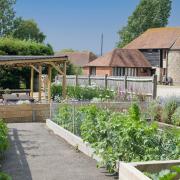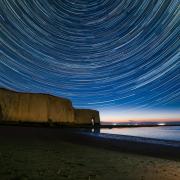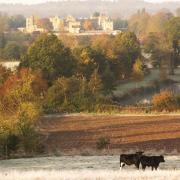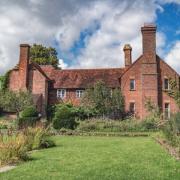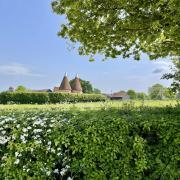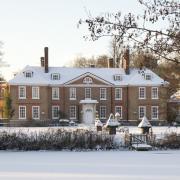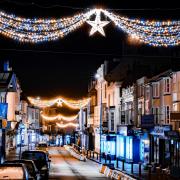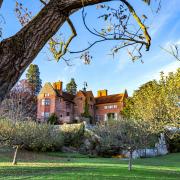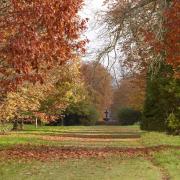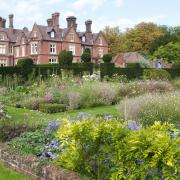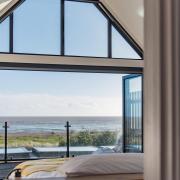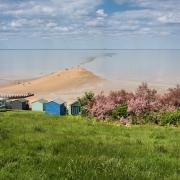Whether you're just after a walk in its beautiful deer-filled parkland (all 1,000 acres of it) or a tour of the ancient house itself - or both - Knole, in the heart of Sevenoaks, delivers an unforgettable day out out.
The house at Knole has long been intended to impress, and it certainly fulfils its brief. Originally a manor house, it was developed in the 1450s for use by successive Archbishops of Canterbury, and was later used by Henry VIII, who took it on as a base for hunting breaks - Elizabeth I is also thought to have stayed here. It was from 1603 onwards, however, that Knole really came into its own, after it was bought by Thomas Sackville and extensively remodelled. Ambitious and extremely well-connected, Thomas was keen to ensure the house reflected his family's wealth and status, something it was to do for the next five centuries. Indeed by as early as the 18th century - by which time the fashion for country-house visiting was at its height - Knole was already recognised for its outstanding collections.

Successive descendants have added to the treasures found in Knole's rooms - from the Stuart furniture and textiles from royal palaces acquired by Charles Sackville, 6th Earl of Dorset, through his role as Lord Chamberlain of the Household to William III, to the superb collection of Reynolds and Gainsborough paintings, collected by John Sackville, 3rd Duke of Dorset.
One of the things that's helped ensure these treasures and the rooms they exist in are so well-preserved is the sheer size of Knole. It meant that the family retreated into only a few of the 400 rooms, leaving art, textiles and furniture in the others largely undisturbed. Today, with the house gifted to the National Trust in 1946, only 15 of those rooms are open to the public. The visitor comes away with a sense of both scale and splendour, however, with Knole's jaw-dropping collection of glittering silver and even a spangled bed - dating from 1621 and with tens of thousands of faded silver sequins adorning its crimson curtains - only adding to that impression.
Maintaining Knole's treasures is, of course, an ongoing project for The National Trust - and its on-site Conservation Studio, housed in a converted barn and open to visitors, is where much of that work is carried out.
Outside, its only too easy to loose yourself in Knole's parkland, which seems to stretch the breadth of Sevenoaks and has sufficient space to allow visitors to feel they've truly got away from it all - providing they don't come across any of the golfers whose fairway offers views towards the house.
For refreshments, Knole's cafe-restaurant offers the usual selection of National Trust treats from seasonal soup to coffee & walnut cake - and there's a lovely rooftop outdoor area to sit at when the weather's fair if you don't fancy a picnic within the park itself.
Adults: £10, family ticket: £25
While Knole is still very much open for business, read about great country houses in Kent that no longer exist: here
Find out about some of Kent's amazing castles here
Never miss an article again! Subscribe to Kent Life here





